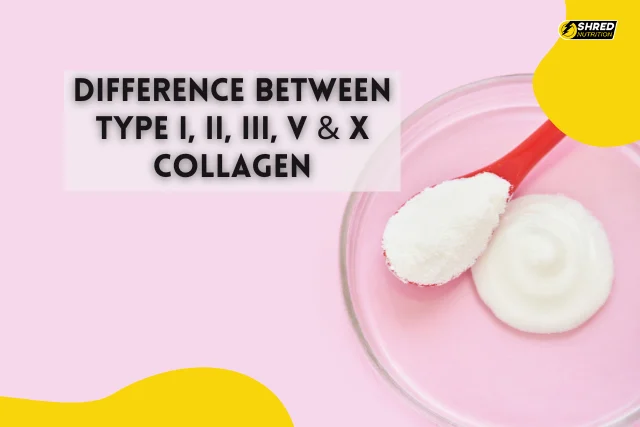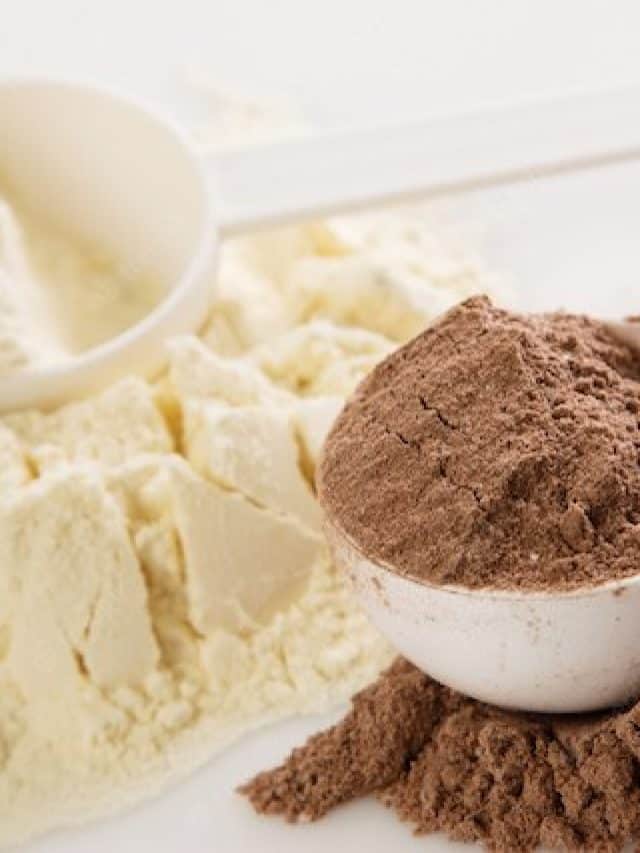Collagen is often hailed as the body’s “glue,” holding everything together—from skin and bones to muscles and tendons. As the most abundant protein in the human body, collagen plays a crucial role in maintaining structural integrity and promoting youthful appearance, joint flexibility, and internal organ function. However, not all collagen is the same. There are 28 different types of collagen, but Types I, II, and III make up about 90% of the collagen in the human body.
Understanding the different types of collagen and how each functions in the body can help you choose the most suitable supplement for your health goals, whether that’s glowing skin, joint support, or gut health.
Let’s dive deep into the most common types of collagen and their specific roles, benefits, and sources.
What is Collagen?
Collagen is a structural protein made up of amino acids, particularly glycine, proline, and hydroxyproline. It is found in the extracellular matrix—the framework that provides strength and structure to tissues. As we age, natural collagen production declines, which leads to common signs of aging like wrinkles, joint pain, and reduced skin elasticity.
This is where collagen supplementation comes into play. However, with multiple types available, choosing the right one for your needs requires a bit of knowledge.
Type I Collagen: The Skin and Bone Builder
Where it’s found:
Skin, tendons, ligaments, bones, and connective tissues.
Primary benefits:
- Improves skin elasticity and hydration
- Strengthens hair and nails
- Promotes bone density and strength
- Aids in wound healing
Why it matters:
Type I collagen accounts for around 90% of your body’s collagen. It is incredibly strong—gram for gram, even stronger than steel. It’s your go-to if your main goals are anti-aging, skin support, and bone health.
Best sources:
- Bovine collagen (from cows)
- Marine collagen (from fish)
- Eggshell membrane
Marine collagen, in particular, is rich in Type I and is more bioavailable, meaning your body can absorb it faster.
Type II Collagen: The Joint and Cartilage Protector
Where it’s found:
Cartilage, spinal discs, and the vitreous humor of the eyes.
Primary benefits:
- Reduces joint pain and stiffness
- Supports cartilage repair and flexibility
- It may help with symptoms of osteoarthritis and rheumatoid arthritis
Why it matters:
Type II collagen is essential for maintaining healthy, lubricated joints and is a popular supplement among athletes and older adults dealing with joint degeneration. It helps cushion the joints and maintain mobility.
Best sources:
- Chicken collagen (especially from cartilage or sternum)
- Bone broth made from poultry
Supplements with undenatured Type II collagen (UC-II) have shown promise in reducing joint inflammation and improving mobility.
Type III Collagen: The Skin & Organ Supporter
Where it’s found:
Skin, blood vessels, intestines, and other internal organs.
Primary benefits:
- Supports skin firmness and elasticity
- Improves gut lining health
- Aids in cardiovascular function
- Often paired with Type I to support healthy aging
Why it matters:
Type III collagen is typically found alongside Type I, especially in the skin. It’s vital for supporting intestinal wall structure, making it beneficial for people with leaky gut or inflammatory bowel issues.
Best sources:
- Bovine collagen
- Pork skin gelatin
It’s a go-to choice if you’re focusing on both skin health and gut integrity.
Other Notable Types of Collagen
While Types I, II, and III are the most commonly supplemented, here are a few more types worth noting:
Type V Collagen
Found in: Hair, placenta, and the surface of cells.
Benefits: Supports the formation of cell membranes and is vital during pregnancy. Often included in beauty-focused collagen blends for stronger hair and healthier skin.
Type X Collagen
Found in: Joints and growth plates.
Benefits: Plays a critical role in bone and cartilage formation, especially in bone healing and remodeling. Often used in bone health supplements.
How to Choose the Right Type of Collagen Supplement
When selecting a collagen supplement, consider your primary health goal. Here’s a quick cheat sheet:
| Goal | Recommended Collagen Type(s) |
|---|---|
| Anti-aging & skin health | Type I, Type III |
| Joint support & flexibility | Type II |
| Gut health | Type III |
| Bone strength | Type I, Type X |
| Hair & nail growth | Type I, Type V |
Also, look for hydrolyzed collagen (collagen peptides). These are broken down into smaller chains for better absorption and easier mixing into drinks or foods.
Can You Take Multiple Types of Collagen Together?
Yes! Many high-quality collagen supplements are multi-type blends (often called multi-collagen complexes) to offer broader support for skin, joints, gut, and bones. These combinations can offer a more complete approach to collagen supplementation.
For example, a blend of Type I, II, III, V, and X ensures you’re supporting skin elasticity, joint mobility, gut lining, and bone structure all at once.
Tips to Boost Collagen Absorption
Add Vitamin C: Essential for collagen synthesis in the body. Without it, your body can’t use collagen efficiently.
Avoid sugar and smoking: These speed up collagen degradation.
Stay hydrated: Collagen works best when skin and tissues are well-hydrated.
Get enough protein: Since collagen is made from amino acids, adequate protein intake is key.
Final Thoughts
Collagen isn’t just a beauty buzzword—it’s a fundamental building block of your body. Understanding the differences between Type I, II, III, V, and X collagen empowers you to make smarter decisions when choosing a supplement.
Whether you’re aiming for younger-looking skin, healthier joints, stronger bones, or a more resilient gut, the right type of collagen can make a meaningful difference.
For best results, opt for a high-quality, hydrolyzed collagen supplement, ideally sourced from grass-fed bovine, marine, or poultry. And don’t forget to pair it with a healthy lifestyle and nutrient-dense diet for maximum benefits.
Explore our premium collagen supplements here to find the right one for your skin, joints, and beyond.











